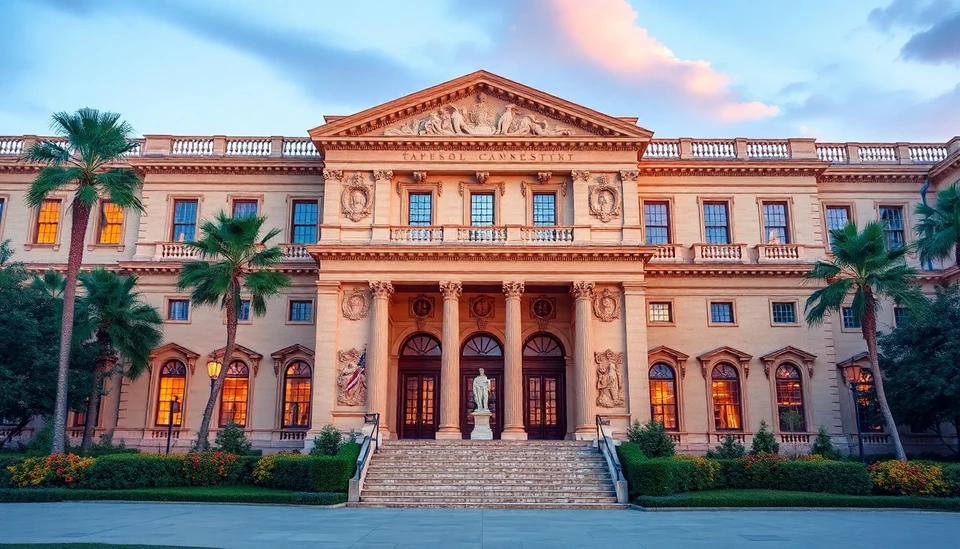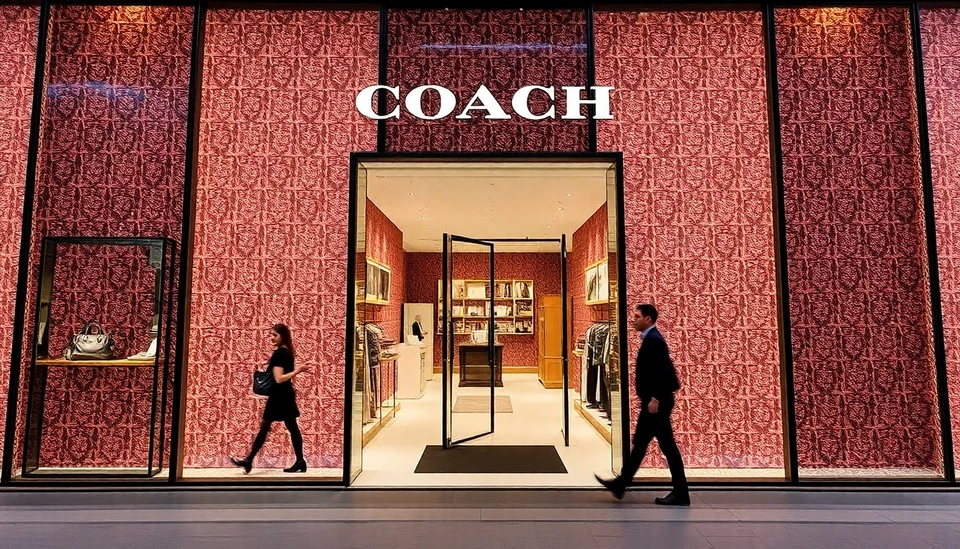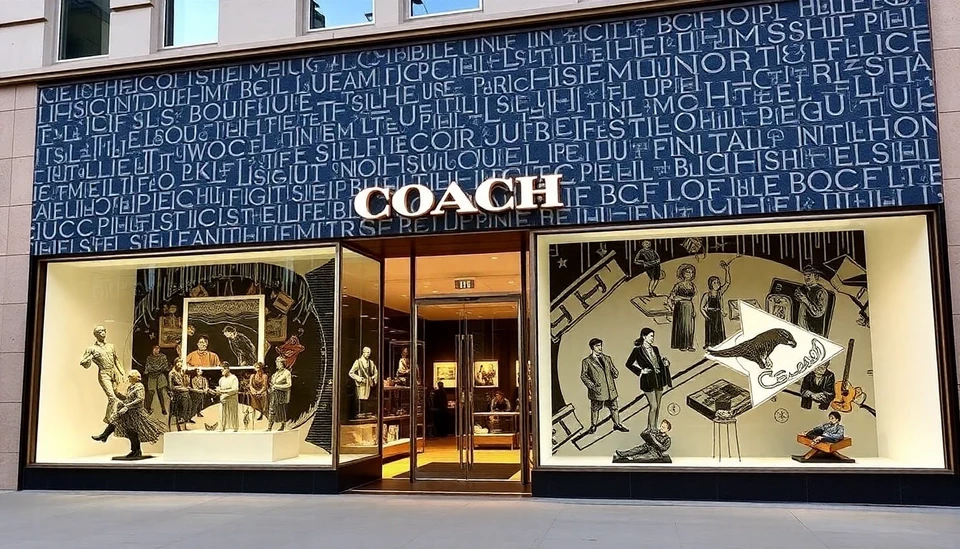
In a significant legal development affecting the fashion industry, a federal judge has blocked Tapestry's proposed acquisition of Capri Holdings, a move that has been hailed as a triumph for the Federal Trade Commission (FTC). Tapestry, the parent company of luxury brands like Coach and Kate Spade, had sought to acquire Capri, which owns labels including Versace, Michael Kors, and Jimmy Choo, in a deal valued at approximately $8 billion.
The ruling, delivered by Judge Mary Walrath of the U.S. Bankruptcy Court for the District of Delaware, directly impacts Tapestry's strategy to expand its portfolio and strengthen its market position among luxury brands. The core of the FTC's argument rested on concerns that the merger would significantly reduce competition in the upscale retail space, potentially leading to higher prices and fewer options for consumers.
The judge’s decision comes as a part of a broader scrutiny by the FTC on mergers and acquisitions that could harm consumer interests. This reflects a rigorous approach encapsulated in the agency's recent push to enhance regulatory oversight within the realm of high-end retail, echoing concerns raised about consolidation in various industries.
Tapestry expressed disappointment over the ruling and indicated its intention to explore other pathways to grow its business. In a statement following the verdict, Tapestry emphasized its commitment to fostering innovation and competition within the luxury segment despite the setback. The company remains hopeful about future opportunities to expand its influence in the market.
On the other hand, the FTC is positioning this victory as a success of their ongoing commitment to protect consumer welfare and maintain competitive marketplaces. Analysts suggest that this decision may serve as a warning to other large companies contemplating similar mergers, indicating that regulatory hurdles may become more challenging.
The implications of this ruling extend beyond Tapestry and Capri; it signals a broader trend where regulators are becoming increasingly vigilant about market consolidation. This could lead to a reevaluation of how companies pursue growth through mergers and acquisitions, particularly in sectors like fashion that have experienced accelerated consolidation in recent years.
As businesses adapt to this evolving regulatory landscape, they may need to reconsider their strategies for growth and competitive positioning. Industry experts are closely monitoring how this ruling affects not only Tapestry but also the overall dynamics of the luxury goods market.
In conclusion, the federal court's decision to block Tapestry’s merger with Capri marks a noteworthy moment in the ongoing dialogue about corporate consolidation and consumer rights. This case epitomizes the challenges facing large corporations in securing growth through acquisitions in an environment where regulatory scrutiny is tightening.
#Tapestry #Capri #FTC #MergerBlock #LuxuryBrands #ConsumerProtection #MarketCompetition #FashionIndustry
Author: Samuel Brooks

